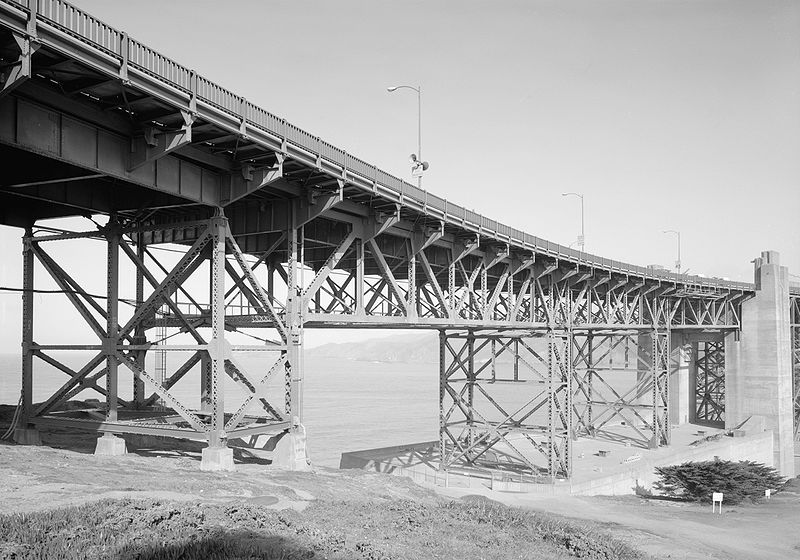From an American Interest interview with Libertarian thinker Peter Thiel (who was also profiled by George Packer in the New Yorker last year):
“Francis Fukuyama: I’d like to begin by asking you about a point you made about there being certain liberal and conservative blind spots about America. What did you mean by that?
Peter Thiel: On the surface, one of the debates we have is that people on the Left, especially the Occupy Wall Street movement, focus on income and wealth inequality issues—the 99 percent versus the 1 percent. It’s evident that both forms of inequality have escalated at a very high rate. Probably from 1973 to today, they have gone up faster than they did in the 19th century. The rapid rise in inequality has been an issue that the Right has not been willing to engage. It tends either to say it’s not true or that it doesn’t matter. That’s a very strange blind spot. Obviously if you extrapolate an exponential function it can go a lot further. We’re now at an extreme comparable to 1913 or 1928; on a worldwide basis we’ve probably surpassed the 1913 highs and are closer to 1789 levels.
In the history of the modern world, inequality has only been ended through communist revolution, war or deflationary economic collapse. It’s a disturbing question which of these three is going to happen today, or if there’s a fourth way out. On the Right, the Tea Party argument has been about government corruption—not ethical violations necessarily, but inefficiency, that government can’t do anything right and wastes money. I believe that is true, and that this problem has gotten dramatically worse. There are ways that the government is working far less well than it used to. Just outside my office is the Golden Gate Bridge. It was built under FDR’s Administration in the 1930s in about three and a half years. They’re currently building an access highway on one of the tunnels that feeds into the bridge, and it will take at least six years to complete.” (Thanks Browser.)
Tags: Francis Fukuyama, Peter Thiel

